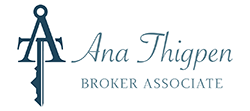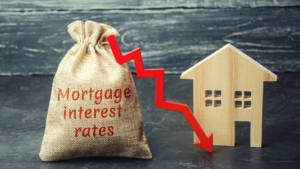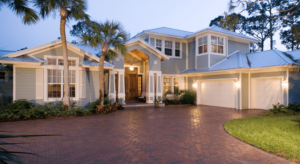Homeowner Expenses And How to Prepare For Them
Interest rates remain historically low. But let’s put it all on the table- just so there are no surprises. If you plan to purchase a home this summer, next summer, or ever, you’re committing to costs both upfront and after you own. Home ownership is a major financial commitment, so you need know exactly what those costs are in order to be prepared.
When making the decision to buy, the most important component is determining what you can afford. So many first-time buyers make the critical mistake of assuming that if they can afford the mortgage payment each month, they can afford the house. But that’s only one piece of the puzzle.
Financial output does not stop the moment you walk away from the closing table, so make sure each of the following eight expenses are entered into your monthly housing budget.
Mortgage Payments
The lender or myself will tell you in advance what your monthly payments will be, based on the price of the house, how much you’re putting down and the interest rate you will be paying.
Property Taxes
These are usually paid twice a year, often conveniently paid through an impound account along with the homeowner’s insurance as part of your monthly house payments. The property taxes vary with city by city especially with the newer homes. In California the property taxes are typically 1.25% of the original purchase price. If you are buying a home and you are not sure about the property tax rate, please give me a call and I will be happy to tell you the rate.
Homeowner’s Insurance
Depending on where you live and what kind of coverage you buy insurance can run you anywhere between $500 and $1,500 a year or more. It helps to bundle your homeowner’s insurance with other types of insurance, like auto and life as many companies offer discounts.
Hazard Insurance
This entails coverage for earthquakes, floods, or hurricanes, depending on which area of the country you live in.
Condo, Co-op, or Homeowners Association Fees (HOAs)
If you are buying a condo, co-op, or town house, you’ll pay an annual or monthly fee to maintain the building and grounds. Single-family homes may also have dues if they’re located in a particular neighborhood or subdivision with common property. If you purchase in a gated community with security guards, a swimming pool, clubhouse, playground, tennis courts, and so on, you’re likely to incur regular expenses for those amenities.
Utilities
You’re probably paying them as a renter anyway, but chances are, you may have a few extra bills – including gas, water, sewer, trash removal, cable, phone, in addition to electric – and they may be a bit more costly now that you’re running an entire home.
Routine Maintenance
Things break, things wear out, and unplanned expenditures pop up. It happens. You’ll want to keep some emergency money handy for a leaky roof, clogged kitchen sink, or dripping hot water heater. Budget a couple hundred bucks a month for these “unexpected” costs. Buying a home warranty insurance could be very beneficial and this can be paid through escrow. The prices of coverage vary but I can go over this with you.
Pool And Yard Care
Depending on how much there is to maintain, you’ll need to earmark extra dollars to cover routine outdoor expenses. Even if you decide to take care of your pool or a large back yard yourself, you’ll still need to hire professionals from time to time for heavy-duty tree trimming or the occasional repair of your pool’s filter system.
I am here to assist you and guide you through the whole process of purchasing your new home. I want to be your trusted advisor in real estate.




